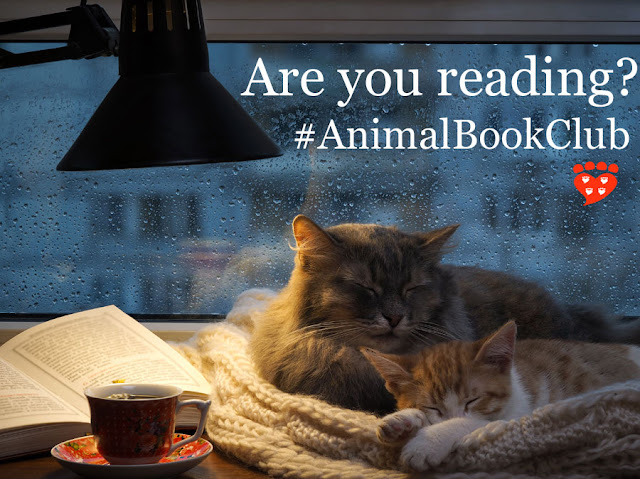Playtime After Training Improves a Dog's Memory

Making time for play immediately after a dog training session improves the dog’s memory. By Zazie Todd, PhD This page contains affiliate links which means I may earn a commission on qualifying purchases at no cost to you. New research by Nadja Affenzeller (University of Lincoln) et al investigates whether play following learning leads to better performance the next day. The scientists wanted to know whether this effect, previously found in humans, would also apply to dogs . In people, it is thought that the hormonal response during positive arousal acts on parts of the brain called the hippocampus and amygdala and leads to better memory. The effect applies to a type of memory called declarative memory, which is our memory for facts and events (for example, the President of the United States, or the capital of Denmark). Now we can’t expect dogs to tell us who is the President of the United States, but it is possible to get them to do a task very similar to one used in some of...







